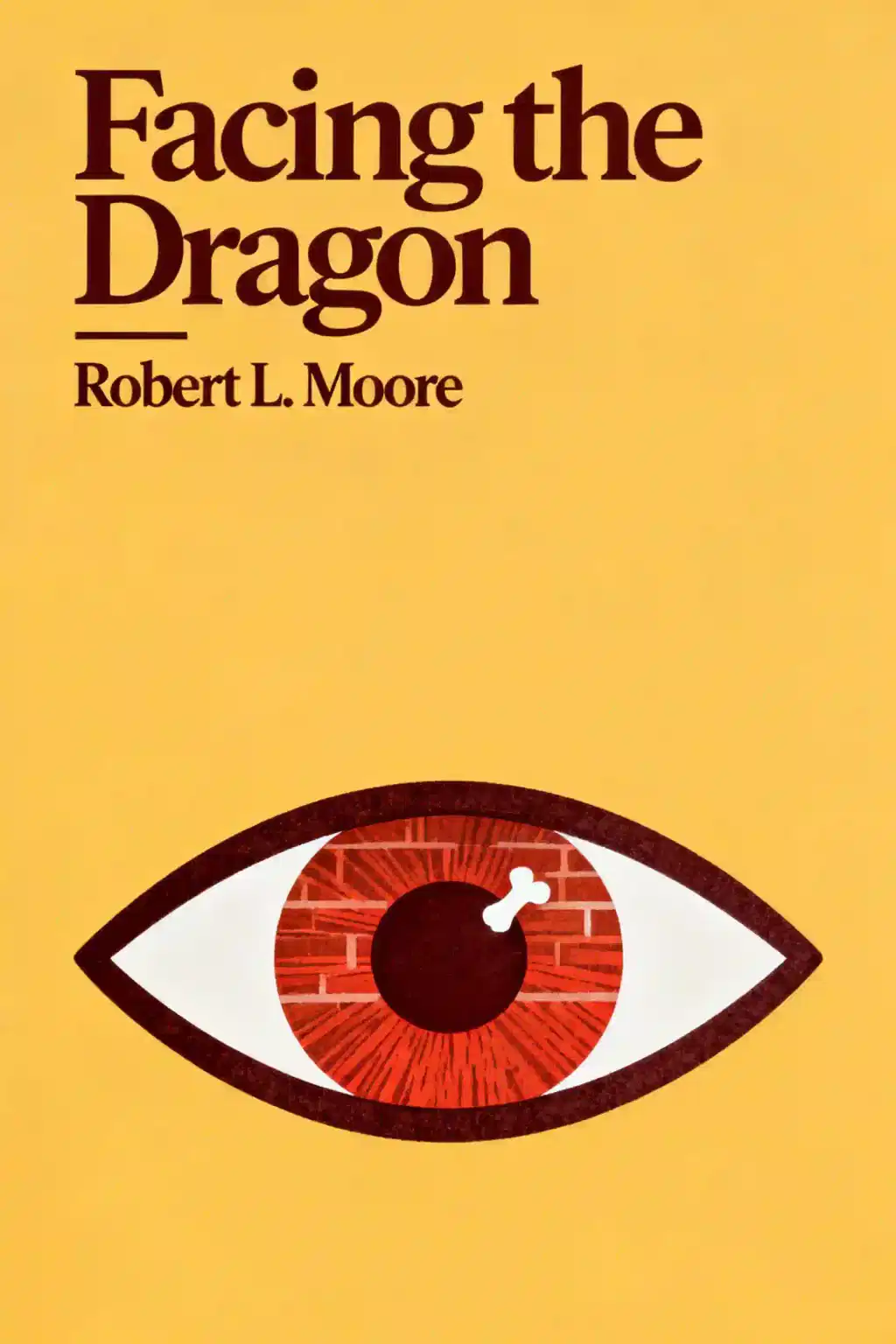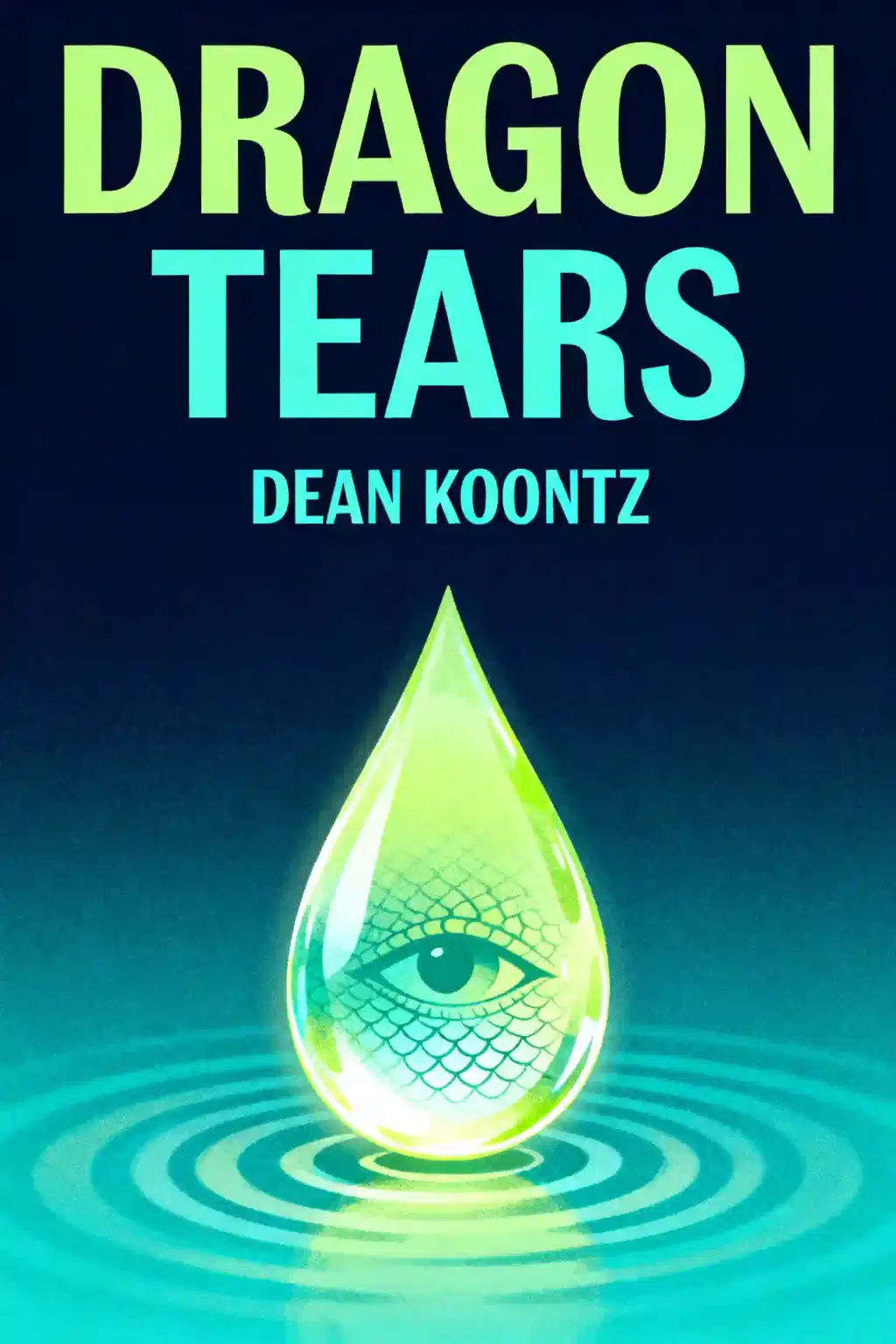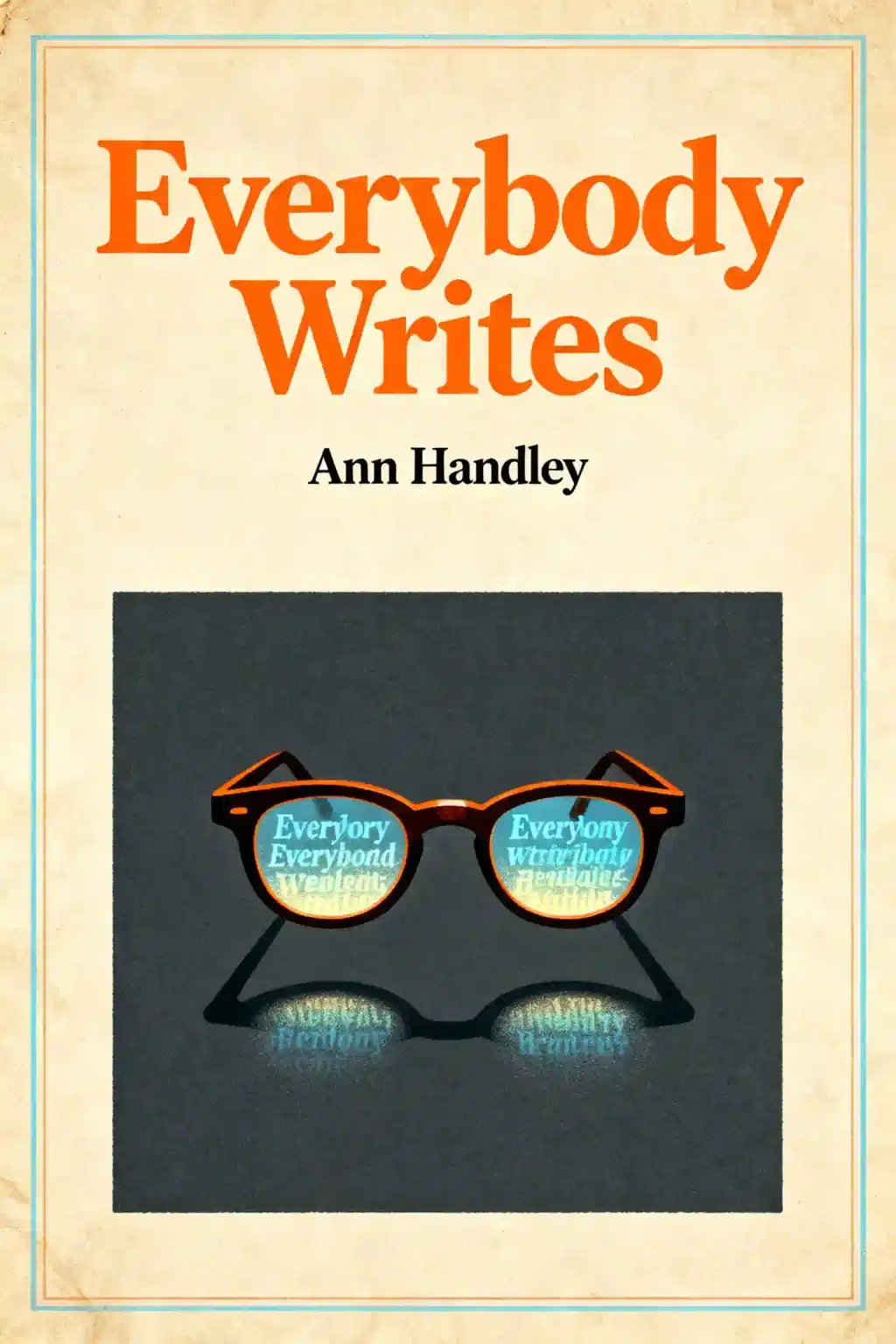What is Facing the Dragon by Robert L. Moore about?
Facing the Dragon by Robert L. Moore explores the psychology of evil through the concept of grandiosity—the human tendency toward narcissism and self-inflation. Moore uses dragon mythology to examine how well-intentioned people commit terrible acts when blinded by their need to feel important and righteous. The book analyzes grandiosity at individual, tribal, and societal levels while offering strategies for recognizing and regulating these destructive energies.
Robert L. Moore was a distinguished American Jungian analyst and professor who served at the Chicago Theological Seminary from 1977 until his retirement. He earned his Ph.D. in psychology, religion, and culture from the University of Chicago and became a training analyst at the C.G. Jung Institute of Chicago. Moore authored numerous influential books bridging psychology, spirituality, and archetypal studies before his death in 2016.
Who should read Facing the Dragon?
Facing the Dragon is ideal for readers interested in Jungian psychology, self-awareness, and understanding destructive human behavior. It suits therapists, spiritual seekers, and anyone examining their own narcissistic tendencies or confronting evil in themselves and society. The book particularly benefits those studying cult dynamics, religious extremism, leadership psychology, or seeking tools to regulate grandiose energies in personal relationships.
Is Facing the Dragon worth reading?
Facing the Dragon offers profound insights into human evil and narcissism, though it's dense and challenging. Readers describe it as a "psychoactive half-truth" that reframes how we understand destructive behavior in ourselves and others. While brief and surface-level in places, Moore's correlations to modern life, horror mythology, and tribal grandiosity provide valuable frameworks for self-examination. The book rewards those willing to confront uncomfortable truths about their own dragons.
What does the dragon symbolize in Facing the Dragon?
In Facing the Dragon, the dragon represents human grandiosity and self-inflation—our tendency to believe we're perfect, central, or uniquely righteous. The dragon has dual aspects: the destructive side that kills and razes civilizations, and the positive side offering wisdom and creative energy. Moore emphasizes that we do the dragon's work through jealousy, resentment, and hatred when reality punctures our inflated self-image.
What is grandiosity according to Robert L. Moore?
Grandiosity in Facing the Dragon encompasses narcissism at the individual level and tribalism at the intersocial level—the universal need to feel important. Moore argues this need becomes corrupted when we create an "other" to feel superior by comparison, resulting in dangerous righteousness that blinds us to our worst instincts. The book explores how grandiose energies form across relationships, cults, religions, and entire societies through archetypal selfobject transference.
How does Facing the Dragon explain why good people do evil things?
Robert L. Moore explains that well-intentioned people commit horrible acts because grandiosity creates a sense of righteousness that completely blinds them. When we inflate our importance and create an "other" for comparison, we feel justified in destructive behavior while remaining unaware of our own dragons. Moore argues we're eager to identify monsters in other races, religions, or genders while resisting confrontation with our own grandiose projections.
What are the ten qualities of evil in Facing the Dragon?
Robert L. Moore distills ten qualities of Evil from comparative mythology, citing sources from the Bible to vampire lore to John Carpenter films. While the search results don't enumerate all ten, Moore's analysis reifies Evil as an active, willful force working through collective human experience. He emphasizes that spotting the dragon's work is crucial because denying its existence only makes it grow larger and more destructive.
How can you regulate grandiose energies according to Robert L. Moore?
Facing the Dragon recommends maintaining grounded human relationships as essential for regulating grandiosity. Moore emphasizes that humility means knowing your limitations and getting help when needed—not adopting self-effacing behavior. Those who cannot handle being treated as human rather than worshipped retreat into "rage-induced grandiose isolation". Real relationships require acknowledging that everyone struggles with grandiose energies rather than claiming complete transformation.
What is the main takeaway from Facing the Dragon?
The central message of Facing the Dragon is that grandiosity is a universal, ongoing struggle—no one completely transforms their narcissism. Moore emphasizes that progress comes from acknowledging grandiose energies and learning to relate to them consciously rather than denying their existence. The book insists we stop projecting our dragons onto others while ignoring our own, providing guidance for recognizing when grandiosity operates in ourselves and world affairs.
How does Facing the Dragon relate horror to grandiosity?
Robert L. Moore explores horror as rooted in the myth of grandiosity, drawing surprising parallels to how individuals devolve into delusional grandeur. The book examines how horror narratives reflect the psychological dynamics of self-inflation and the terrifying consequences when grandiose energies spiral out of control. This analysis connects archetypal patterns in horror mythology to real psychological fragmentation and the projection of grandiose energies onto external entities.
What does Facing the Dragon say about religion and grandiosity?
Facing the Dragon explores the fraught relationship between grandiosity and religion, examining how spiritual narcissism corrupts religious institutions and individuals. Moore roots his theories in historical analysis while offering guidance for regulating grandiosity in our post-secular world. The book addresses how religions can become vehicles for tribal grandiosity through archetypal selfobject transference, where followers project inflated energies onto leaders or doctrines.














